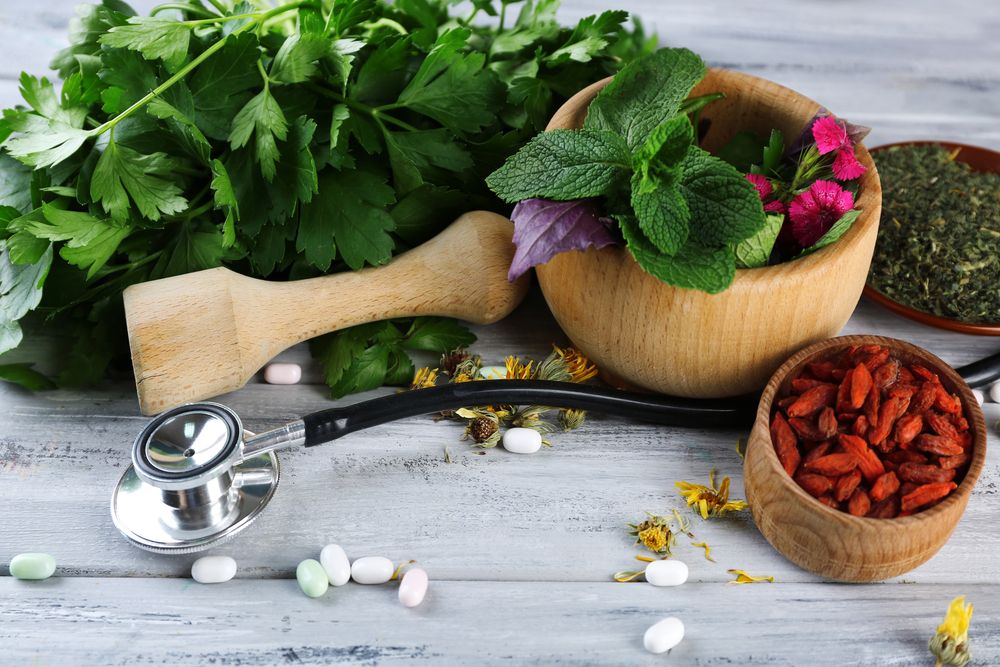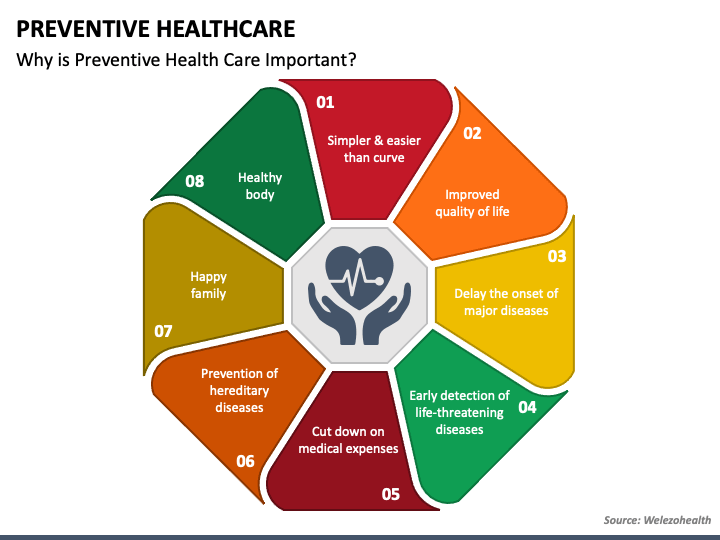Natural Remedies for Everyday Ailments

Natural Remedies for Common Lifestyle Illnesses
In today’s fast-paced world, it’s easy to fall into unhealthy habits. Long work hours, processed foods, and a lack of physical activity contribute to a rise in lifestyle illnesses – conditions largely preventable through changes in habits. While conventional medicine is crucial, many people are also turning to natural remedies to manage symptoms and improve overall well-being. This post will explore some effective natural approaches to combatting common lifestyle illnesses.
Stress and Anxiety
Stress and anxiety are arguably the most prevalent lifestyle illnesses. Chronic stress can lead to a host of problems, from headaches and digestive issues to heart disease and weakened immunity. Fortunately, several natural remedies can help.
Adaptogens, like Ashwagandha and Rhodiola Rosea, are herbs that help the body adapt to stress. They work by modulating the hypothalamic-pituitary-adrenal (HPA) axis, which is central to the stress response. Consult with a healthcare professional before starting any adaptogen regimen, as they can interact with medications.
Mindfulness and Meditation are powerful tools for reducing stress. Even 10-15 minutes of daily meditation can significantly lower cortisol levels (the stress hormone) and promote a sense of calm. There are numerous apps and guided meditations available to help beginners.
Regular Exercise is a fantastic stress reliever. Physical activity releases endorphins, which have mood-boosting effects. Aim for at least 30 minutes of moderate-intensity exercise most days of the week.

Chamomile Tea is a gentle, soothing remedy for anxiety. It contains compounds that may promote relaxation and sleep.
Digestive Issues
Poor diet and stress often lead to digestive issues like bloating, indigestion, and Irritable Bowel Syndrome (IBS). Here are some natural ways to support gut health:
Probiotics are beneficial bacteria that live in the gut. They can improve digestion, boost immunity, and even enhance mood. You can get probiotics from fermented foods like yogurt, kefir, sauerkraut, and kimchi, or from probiotic supplements.
Fiber is essential for healthy digestion. It adds bulk to stool, preventing constipation and promoting regularity. Good sources of fiber include fruits, vegetables, whole grains, and legumes.
Ginger is a powerful anti-inflammatory that can soothe digestive upset. It can help relieve nausea, bloating, and gas. You can consume ginger in tea, capsules, or fresh form.
Peppermint Oil can help relax the muscles in the digestive tract, relieving symptoms of IBS and indigestion. Use enteric-coated capsules to ensure the oil reaches the intestines.
Sleep Problems
Insomnia and other sleep problems are common in our always-on society. Lack of sleep can have serious consequences for physical and mental health. Here are some natural sleep aids:
Magnesium plays a crucial role in sleep regulation. Many people are deficient in magnesium, which can contribute to insomnia. You can increase your magnesium intake through foods like leafy greens, nuts, and seeds, or by taking a magnesium supplement.
Melatonin is a hormone that regulates the sleep-wake cycle. Melatonin supplements can be helpful for jet lag or shift work, but should be used cautiously and under the guidance of a healthcare professional.
Valerian Root is an herb traditionally used to promote sleep and reduce anxiety. It can have a sedative effect, but may not be suitable for everyone.
Establishing a Regular Sleep Schedule is vital. Go to bed and wake up around the same time each day, even on weekends, to regulate your body’s natural sleep-wake cycle.
High Blood Pressure
High blood pressure is a silent killer, often with no noticeable symptoms. Lifestyle changes are crucial for managing blood pressure naturally.
Diet plays a significant role. The DASH (Dietary Approaches to Stop Hypertension) diet, rich in fruits, vegetables, whole grains, and low-fat dairy, is highly effective. Reduce your intake of sodium, saturated fat, and cholesterol.
Potassium helps counteract the effects of sodium on blood pressure. Good sources of potassium include bananas, sweet potatoes, and spinach.
Garlic contains compounds that may help lower blood pressure. You can consume garlic raw, cooked, or in supplement form.
Hibiscus Tea has been shown to have blood pressure-lowering effects. It’s a delicious and refreshing way to support cardiovascular health.
Boosting Immunity
A weakened immune system makes you more susceptible to illness. Here are some natural ways to boost your immunity:
Vitamin C is a powerful antioxidant that supports immune function. Good sources of vitamin C include citrus fruits, berries, and bell peppers.
Vitamin D is essential for immune health. Many people are deficient in vitamin D, especially during the winter months. Get vitamin D from sunlight, fortified foods, or supplements.
Zinc plays a crucial role in immune cell development and function. Good sources of zinc include oysters, beef, and pumpkin seeds.
Elderberry is a potent antiviral and immune-boosting herb. It can help shorten the duration and severity of colds and flu.
Regular Handwashing is one of the simplest and most effective ways to prevent the spread of germs.
Important Disclaimer: This blog post provides general information about natural remedies and should not be considered medical advice. Always consult with a qualified healthcare professional before starting any new treatment or making changes to your existing healthcare plan. Natural remedies can interact with medications and may not be suitable for everyone. Self-treating can be dangerous.
By incorporating these natural remedies into your lifestyle, you can take proactive steps towards improving your health and well-being. Remember that consistency is key, and small changes can make a big difference over time.



